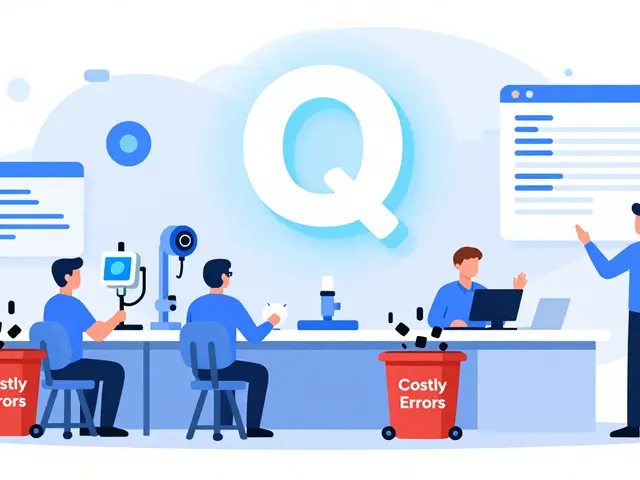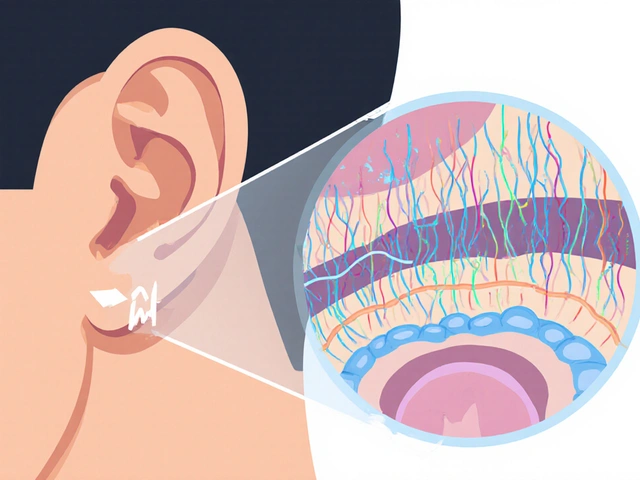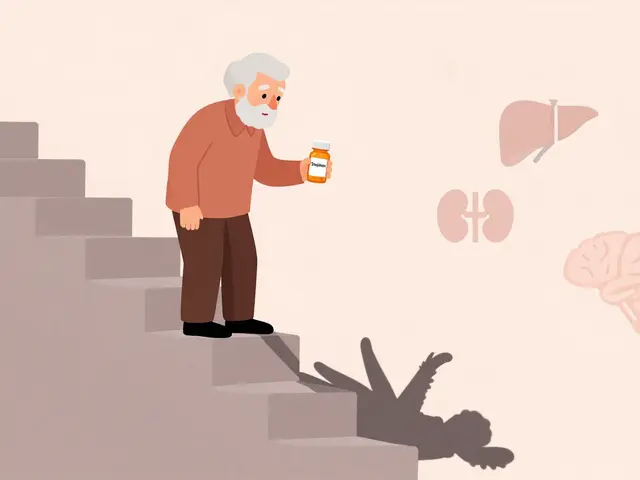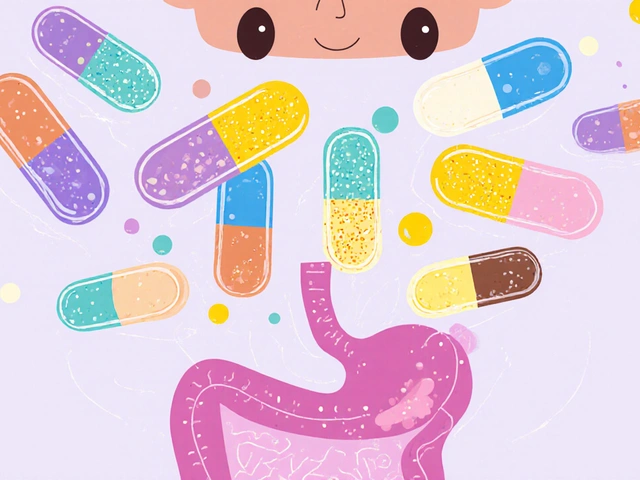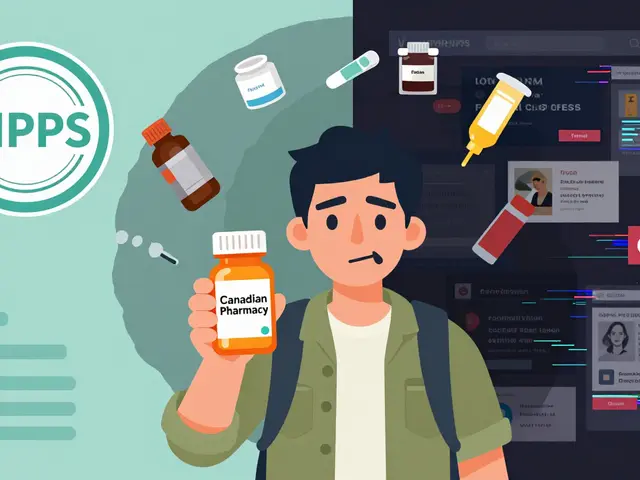Common Myths About Medicines and Online Pharmacies
Myths about drugs and online pharmacies spread fast. One false belief can lead to wasted money, ineffective treatment, or real harm. This page cuts through common lies and gives quick, practical ways to check the truth before you buy or take anything.
Myths people keep repeating
Myth: "If a site sells cheap meds, it’s fine." Cheap can mean counterfeit, expired, or substandard. If the price is way lower than usual, ask why. Check the pharmacy’s registration, real phone number, and customer service hours before you pay.
Myth: "No prescription? Good — I don’t need a doctor." If a pharmacy sells prescription-only drugs without asking for a valid prescription, that’s a red flag. Legitimate online pharmacies require a prescription for controlled or prescription medicines. A quick call to your local regulator (FDA, MHRA, or your country’s agency) can confirm rules.
Myth: "Natural supplements are always safe." Natural doesn’t equal safe. Supplements can interact with prescription drugs, change lab results, or cause side effects. If you’re on any medication, ask a pharmacist or doctor before adding supplements.
Myth: "All online pharmacy reviews are honest." Reviews can be fake or paid. Look for consistent detail in user stories, check independent review sites, and cross-check shipping and refund policies. If every review sounds identical, be suspicious.
How to check claims and avoid scams
Match the pill: Use trusted pill-identifiers (official sites or pharmacy resources) to confirm appearance and strength. If the tablet looks different from verified images, stop and ask your doctor.
Verify registration: Search the pharmacy on your country’s regulator site or a recognized international list. Legit shops show a license number and contact details you can verify.
Watch the checkout: Secure sites use HTTPS, accept major cards, and offer clear return and privacy policies. Beware of sites that demand unusual payment methods like wire transfers, crypto-only, or cash drops.
Question extreme claims: Headlines that promise quick cures, miracle doses, or no side effects are usually false. Legitimate medical articles and product pages cite studies, risks, and clear dosing info. If you don’t see any sources, don’t trust the claim.
Ask a pro: If you’re unsure, call a pharmacist, clinician, or your local health authority. A 5-minute call can stop a costly mistake.
Myths survive because quick answers are tempting. Pause, check, and use the simple steps above. That prevents scams and keeps you safer than following the latest online rumor.

Common Misconceptions About Ear Canal Infections
As a blogger, I often come across various misconceptions about ear canal infections. One common myth is that using cotton swabs is an effective way to clean the ears and prevent infections, but this can actually push wax and debris further into the canal, increasing the risk of infection. Another misconception is that ear infections are only caused by water exposure, but they can be caused by bacteria, fungi, and viruses as well. Some people also believe that ear infections only affect children, but adults can suffer from them too. Lastly, many think that ear infections always require antibiotics, but in some cases, they can resolve on their own with proper care and time.
View More
